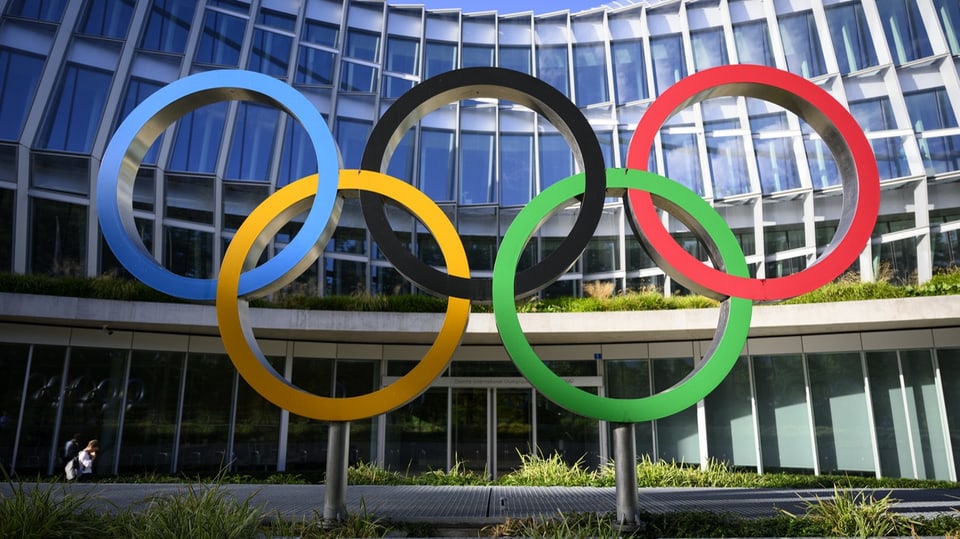Contents
Faster Higher Further. That is the motto of the Olympic Games. And this motto does not only apply to the sporting achievements, it also applies to the event itself, which has grown steadily over the past few decades. More and more money was invested in bigger and bigger arenas. This caused criticism, also in Switzerland. The International Olympic Committee (IOC) has been accused of gigantism.
But now the IOC seems to be rethinking; a rethink towards smaller and more sustainable games. Switzerland plays a central role in these considerations. Indeed, after more than 80 years, the country could once again host the Winter Olympics. Just a few months ago, it seemed unthinkable that Switzerland would again be discussing hosting the Olympic Games.
People no longer want to build new infrastructures in the spirit of gigantism, but use the existing infrastructures.
But then, in mid-March of this year, the IOC approached Switzerland, says Urs Lehmann, President of the Swiss Ski Association. At this meeting, the IOC presented completely new framework conditions for the 2030 Winter Games. “The so-called decentralized concept means that you no longer want to build new infrastructures in the spirit of gigantism, but you want to use the existing infrastructures,” says Lehmann.
Country as a whole would run
After the talks with the IOC, Swiss Olympic commissioned a feasibility study. What a candidature could look like is already clear in principle. In contrast to previous applications, a canton should not be the venue, but Switzerland would apply as a whole country. The advantages are that you don’t have to build much, the infrastructure would be mostly available.
Legend:
Will Switzerland once again prepare a candidacy for the Olympic Games?
KEYSTONE/LAURENT GILLIERON
Switzerland could thus be the first venue to organize sustainable and cost-effective games, says Ruth Wimpfli Steinegger, Vice President of Swiss Olympic. This prospect is a motivation: “If we were able to be the first country to prove that these games can also be played on a smaller scale, without gigantism, then we would have achieved great things.”
The IOC must be careful not to get the reputation that the Olympic Games only take place in dictatorships.
Whether the intention of the IOC is credible and whether there will be more sustainable Olympic Games in the future is an open question. It is conceivable, says Christian Koller, sports historian at the University of Zurich. Because the IOC is also forced to make this change to a certain extent. The organization is under pressure from many sides and many countries no longer want to hold this event because the population no longer accepts the ecological and economic waste. “Therefore, the IOC must be careful not to get the reputation that the Olympic Games only take place in dictatorships in which the population cannot express themselves. A project like this would be a prime example to show that you have learned from the past.”
Environmental organizations remain critical
Meanwhile, the environmental organizations remain critical. Armando Lenz, Managing Director of Pro Natura Graubünden, says: “We do not expect the IOC to keep its promises and that the games can actually change in the direction of sustainability.”
The feasibility study commissioned by Swiss Olympic should be completed by the end of September. The decision as to whether Switzerland will actually launch an Olympic candidature in 2030 will be made by the end of the year.
